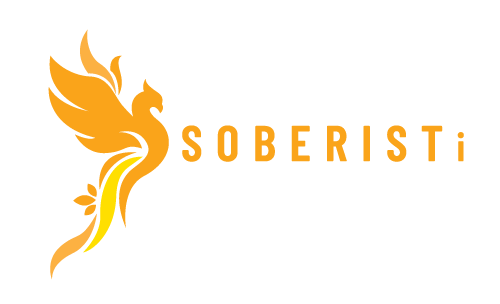If you’re considering quitting and are thinking about making the “big decision,” here are a few tips:
Make a list of reasons why you would stop. Don’t discard the list, but look at it every time you reconsider your decision. My list looked like this:
- I’m afraid that my alcohol dependence will get worse, and I won’t be able to stop drinking.
- I’m afraid of causing permanent damage to my health.
- I am constantly depressed and unhappy.
- I’m afraid that my problem will one day become visible to others.
- I’m constantly tired, and my memory fails me.
- Drinking is distressing.
- I want to be present for my child, and I don’t want alcohol to be on my mind.
- I’m ashamed of drinking because I can’t just have one glass.
Now, make a list of reasons why you would not stop. My own list was quite short:
- I’m afraid I won’t be able to attend certain events or go to certain places because I don’t drink anymore.
- I’m afraid I won’t be accepted as sober, that I’ll be seen as boring, backward, tight-fisted, and won’t be invited anywhere.
Look at your lists and think about which one wins: the benefits or the fears? Because there are no downsides to quitting. The “why not to quit” list is always based on fears.
Both of my lists were filled with fear, but especially the reasons not to quit were based entirely on fear.
I have now been sober for almost two years, and I am happy to say that all the issues on the first list have been resolved: I feel really well, both physically and mentally. The depression and unhappiness disappeared very soon after quitting and haven’t returned, even though I’ve faced occasional setbacks in life. The fatigue is gone, and my memory is sharp again.
I enjoy my life and am fully present in it. The quality of life has improved dramatically.
The fears on the second list turned out to be unfounded.
In one sense, the first fear came true: I no longer force myself to attend events I don’t enjoy. I used to drink just to feel comfortable in those situations.
Boost your motivation by reading the joyful stories of others who have freed themselves from alcohol. I also shamelessly urge you to read my book Free from Wine, which has helped many people make the big decision.
If you feel you need outside help, ask for it. If you decide to join a peer support group, remember that there are different groups, and what suits one person may not suit you. Listen to yourself and switch groups if it doesn’t feel right.
Here’s a little extra encouragement to support your decision to quit:
A list of benefits of quitting based on my experience
- Brain works more clearly
- Memory improves
- Sleep quality improves
- Joy increases
- Depression disappears
- Eye bags shrink
- Skin pores tighten, and skin tone evens out
- Waistline narrows
- Cramps stop
- Digestive system improves
- Stomach flattens
- Whites of the eyes become clearer
- Bruises heal faster
- Humor returns
- It’s easier to be present
- You gain more time in your week
- Energy levels increase
- You feel happier and more balanced
- Allergy symptoms reduce
- Self-esteem improves
- You can trust yourself more
- Confidence increases
- You save money (I downloaded an app when I quit that calculates the savings from not spending on alcohol. So far, I’ve saved €7,150.)
– Ira


